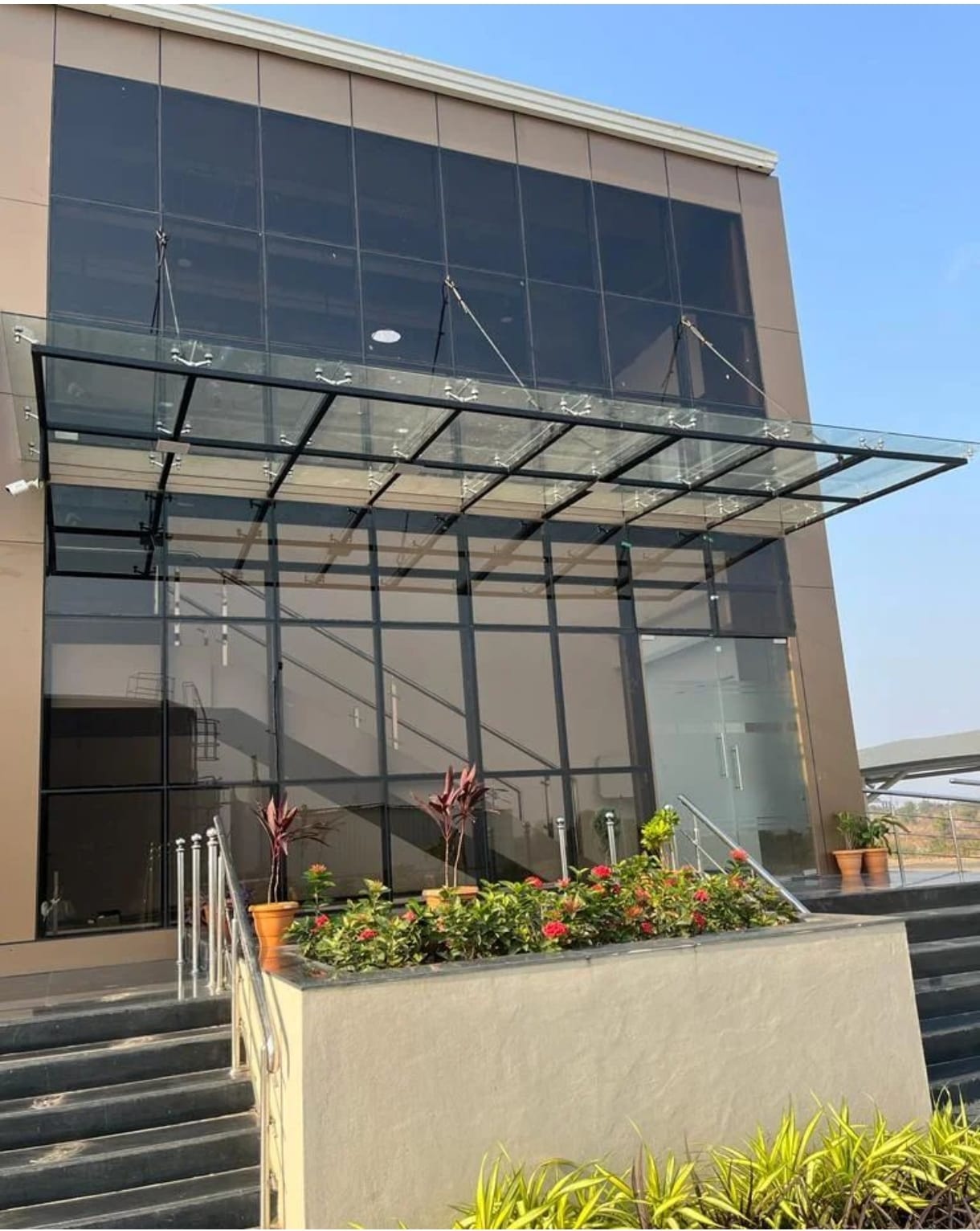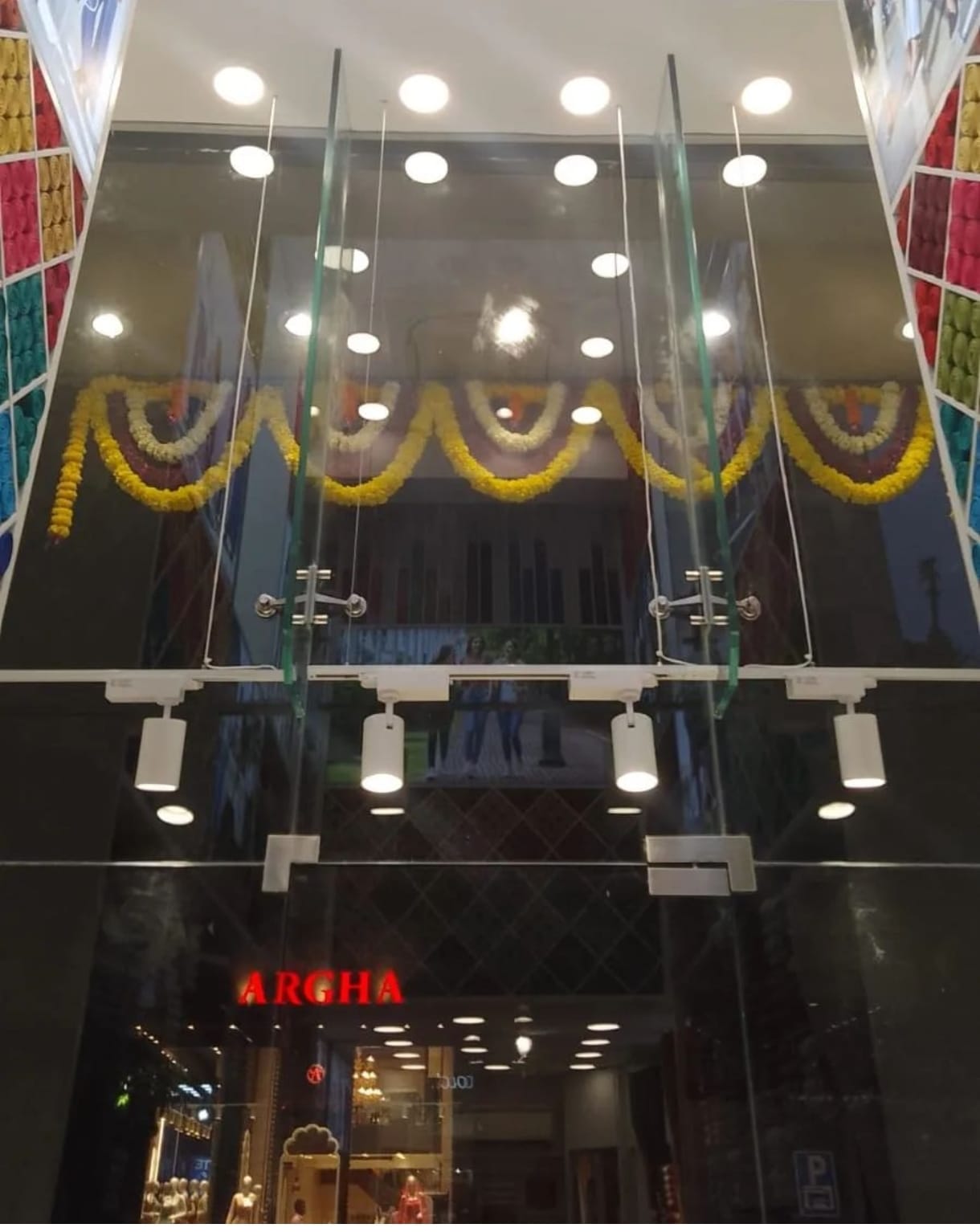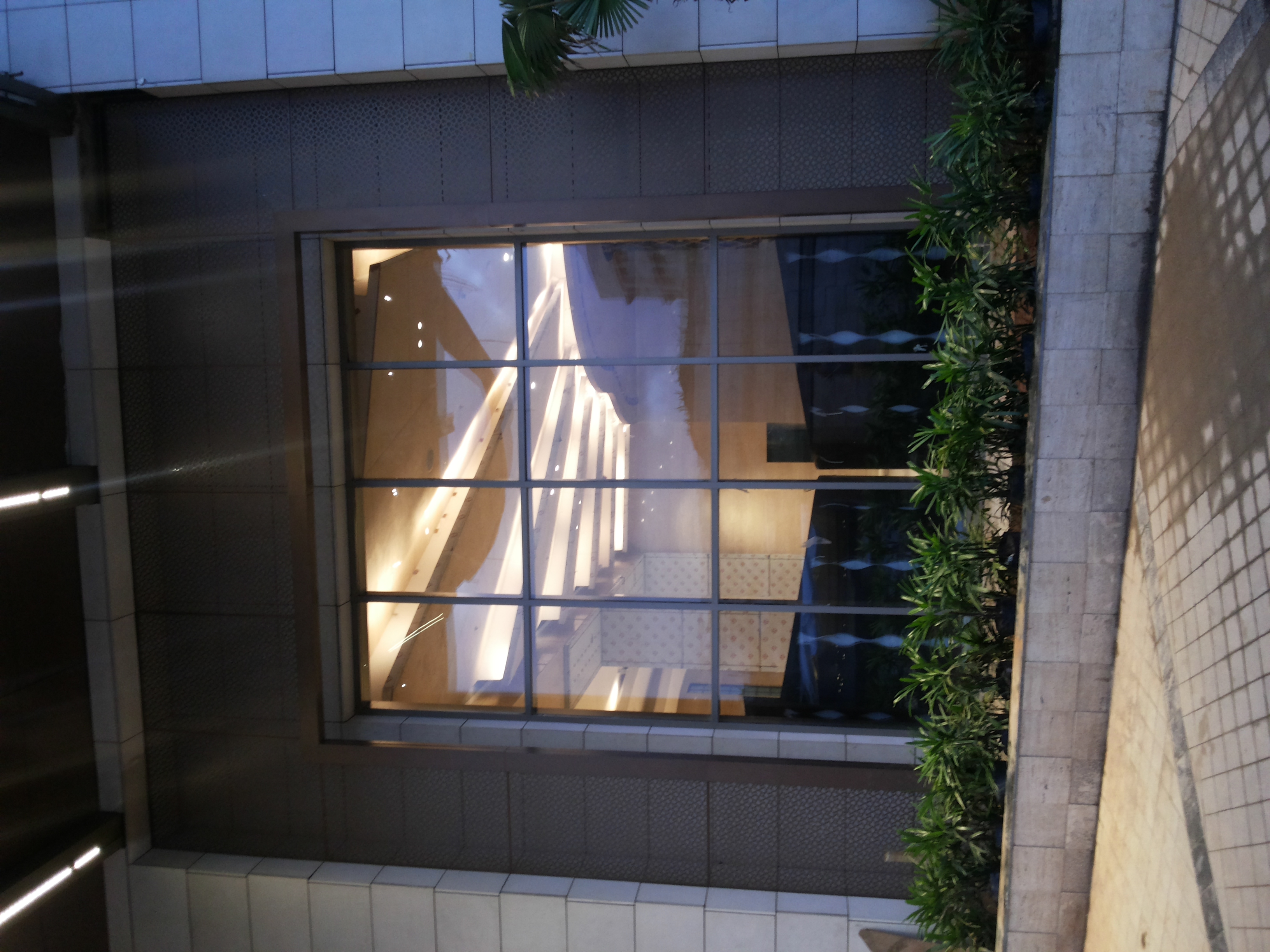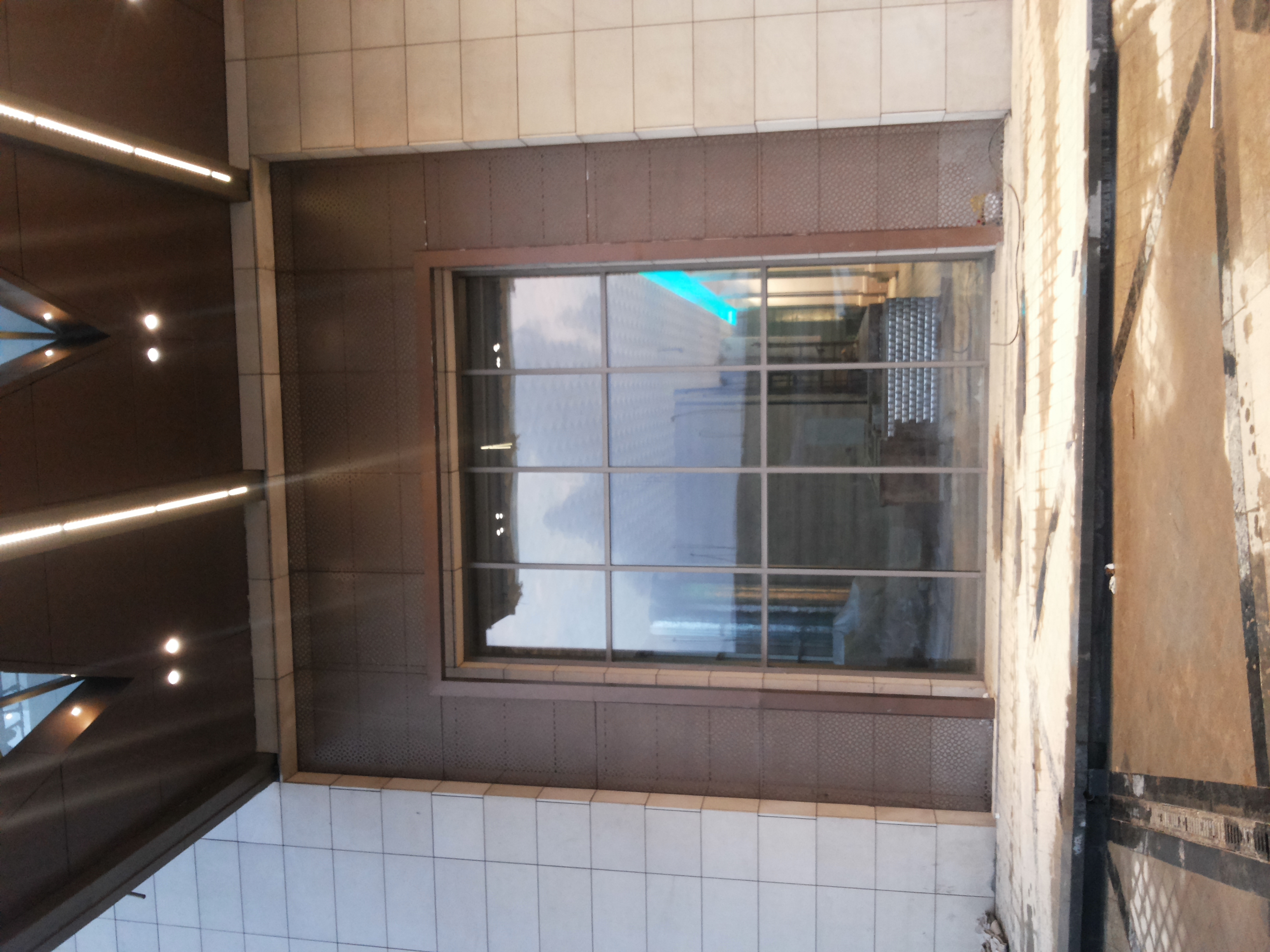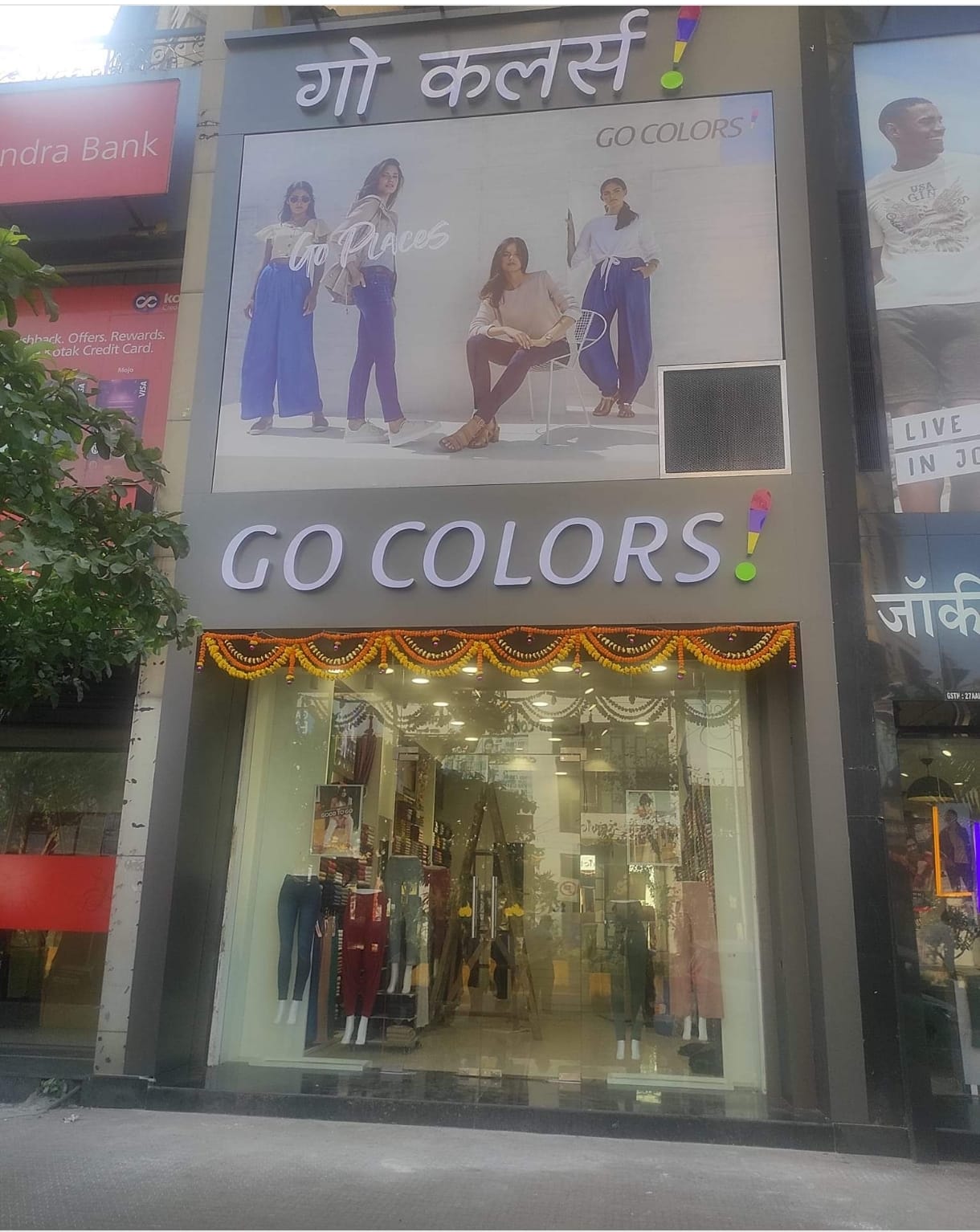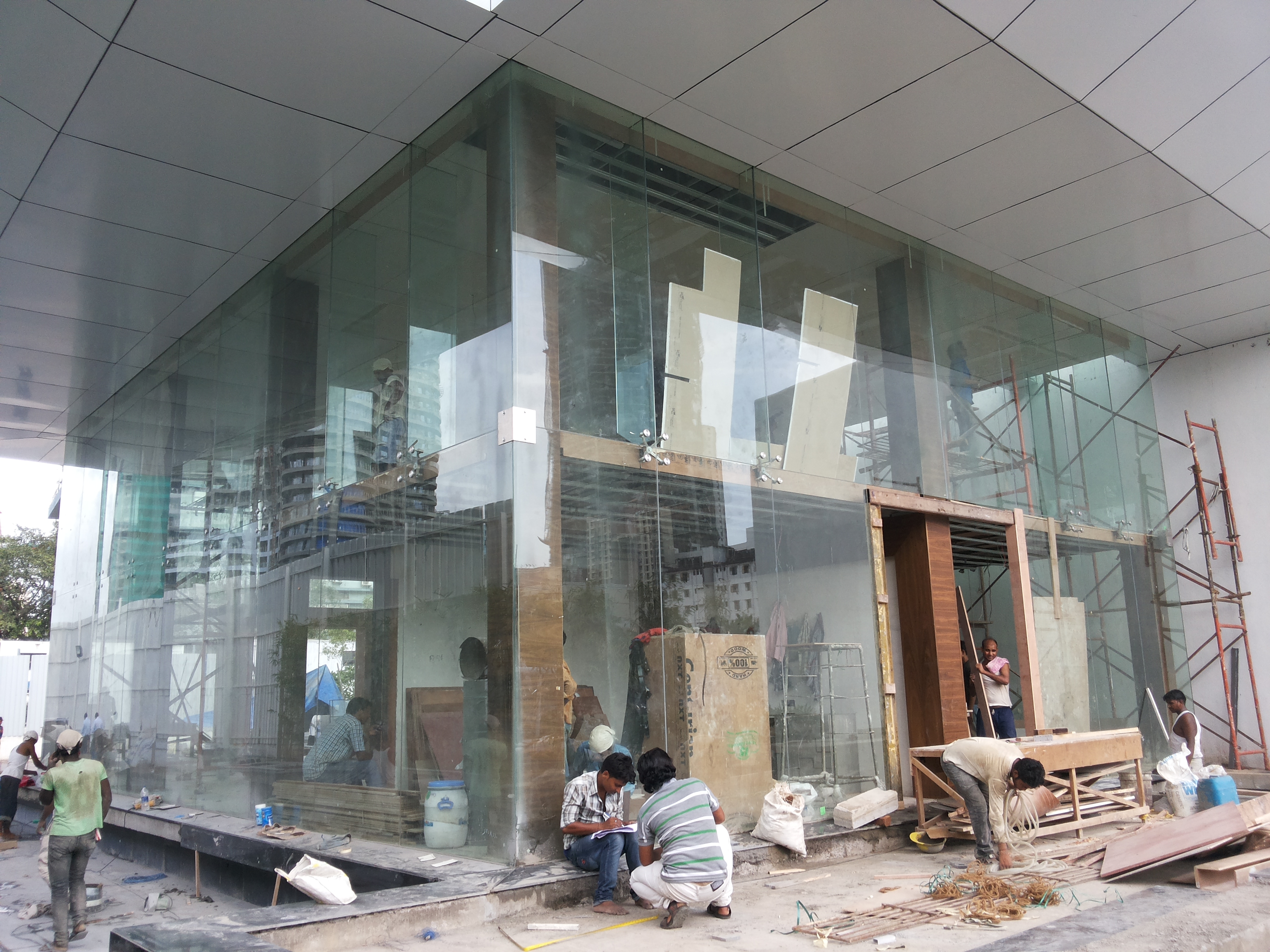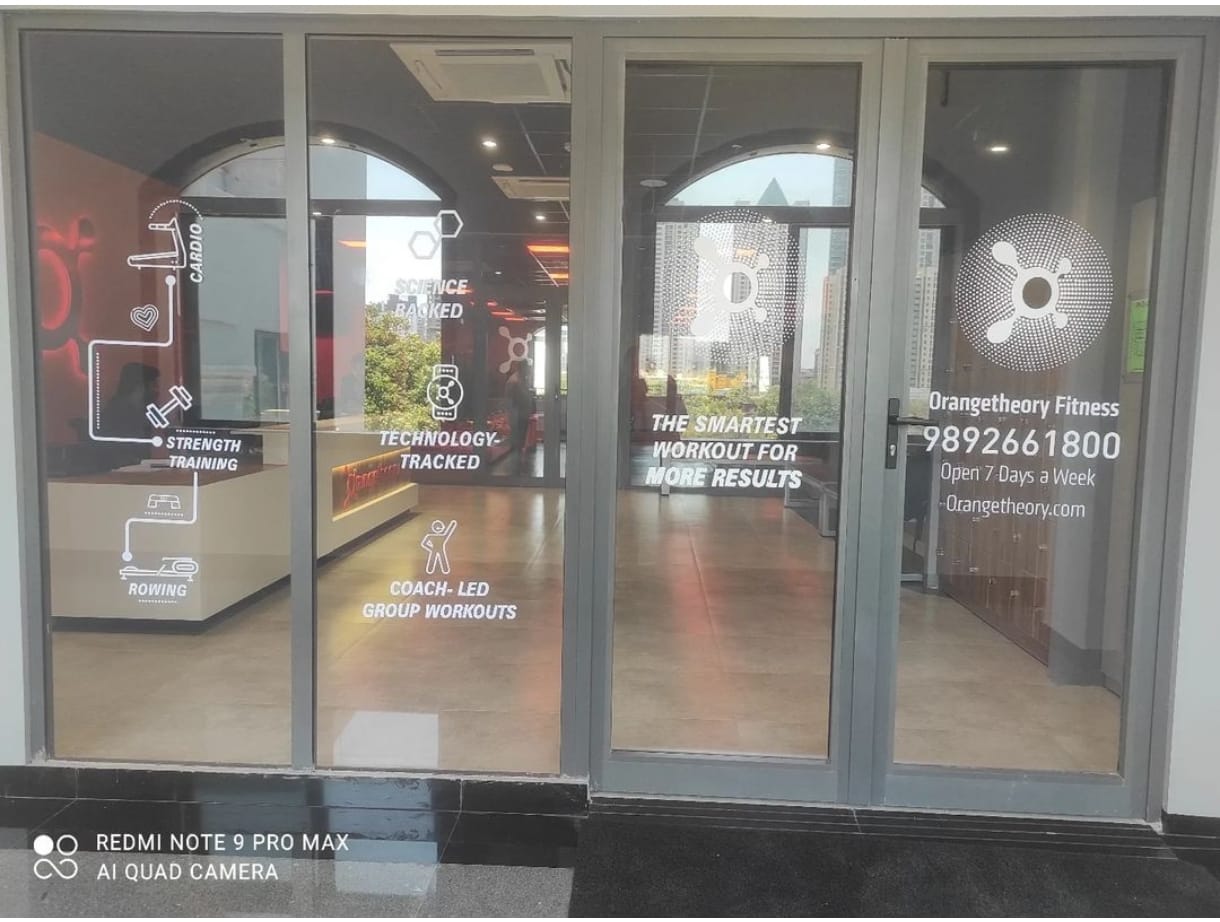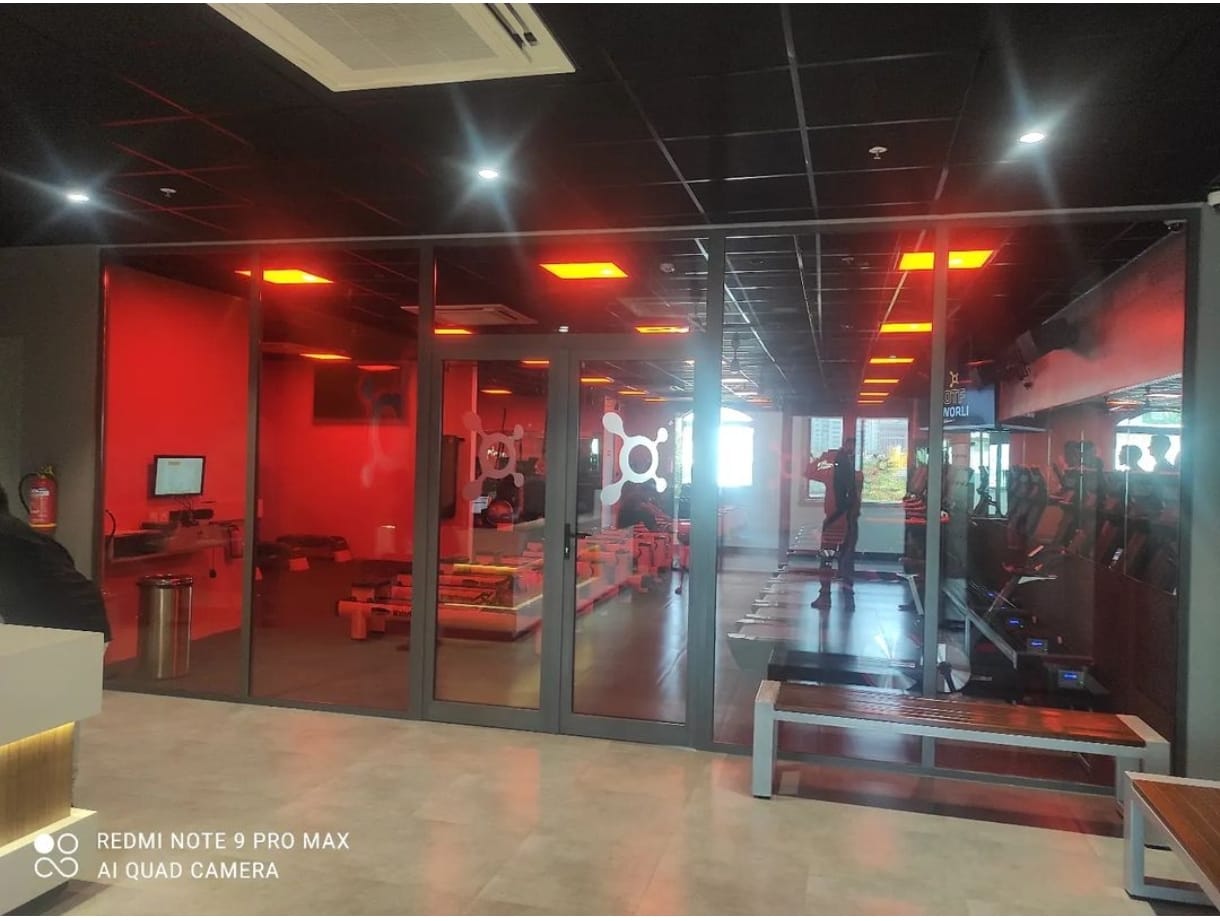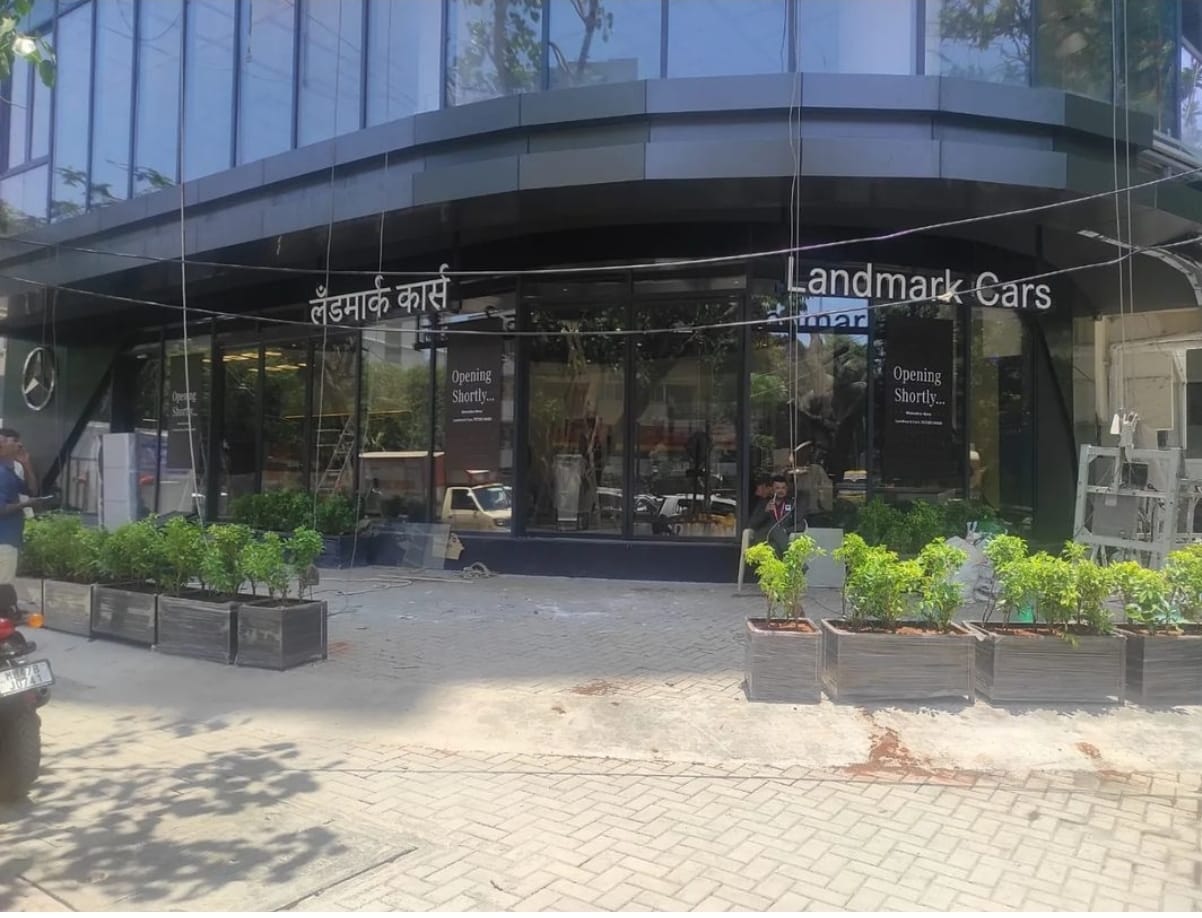Structural Spider Glass Glazing
Structural Spider Glass Glazing
What is Glass Glazing?
Glass glazing refers to the installation of glass panels in various structures, such as windows, doors, and fixed openings. This process involves placing a piece of glass within a frame or sash, using the term 'glazing' to describe both the act and all the glass components within a building.
The Importance of Glazing in Construction
Each project specifies its glazing requirements, which include not just standard glass, but also specialized elements like storefront glass, skylights, and interior fixed lites. Common glazing types in architecture include clear float glass, tinted glass, tempered glass, laminated glass, and a variety of coated glasses, available in single, double, or triple glazing units.
Understanding Spider Glazing
Spider glazing is a specialized facet of facade and elevation glazing, utilizing spider glass hardware for innovative exterior design. This technique is crucial for larger openings in both commercial and residential structures, offering essential structural support for high-end designs.
Benefits of Spider Glazing
With customizable options available, spider glazing ensures safety and security for end-users while enhancing aesthetic appeal. Various thicknesses of toughened glass, such as 12mm, 15mm, and 19mm, are commonly employed, providing robust support.
Structural Support in Spider Glazing
Support for spider glazing systems often comes from the building's structure, with additional reinforcement using mild or stainless steel for larger elevations. Fin glass of 15mm serves as a crucial element, managing dead weight and pressure forces.
Spider Glazing Fittings
Numerous fittings are available for spider glazing, including 4-way, 2-way, and single-way spider fittings, enabling versatile design options. These components facilitate the seamless integration of spider glazing into contemporary architectural projects.
